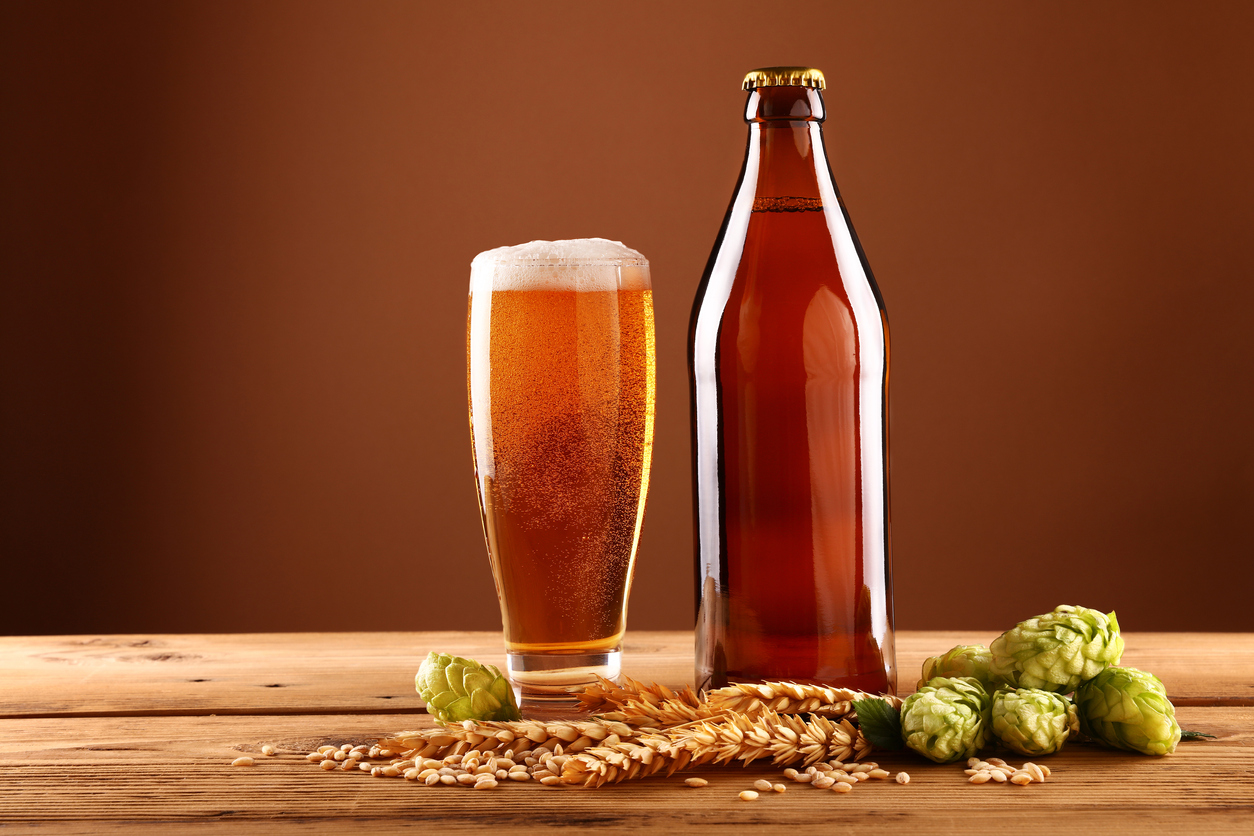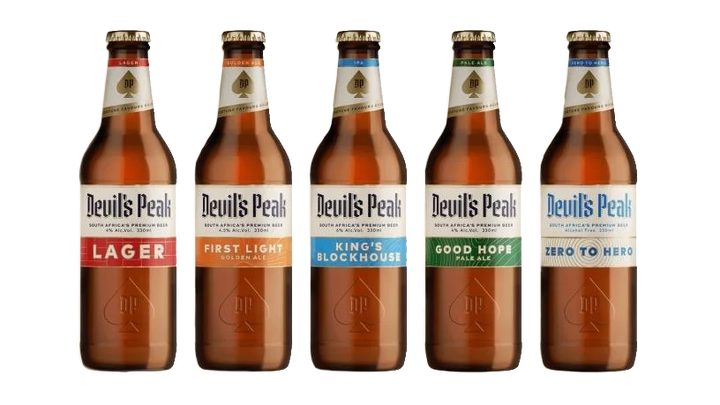CHEERS | BEER

Talkin’ bout a revolution

Although popular among consumers, it’ll never grow large enough to rival the brewing behemoths. How revolutionary has the craft beer scene been?
A mere two decades ago there was little to no interest in craft beers. There were commercial brews produced by increasing larger and larger global conglomerates – Anheuser Busch, SAB Miller and the like, and once they merged a few years ago something like a third of the world’s beers came out of two stables!
It’s only natural that there was a backlash. But the quiet revolution had been happening in the United States from the 1970s with the growth of small scale brew pubs. Europe, of course, had a strong history of brewing individuality in countries like Belgium, the Netherlands, Germany and the United Kingdom.
South Africa’s first commercial craft brewery was Mitchell’s Brewery which opened in Kynsna in 1983. But at the turn of the millennium there were still only a handful of people scratching out an existence: Nottingham Road and Hattingspruit Breweries in KwaZulu-Natal, Birkenhead Brewery to name just a few of the initially more well-known ones.
There were home brewers certainly, but they were enthusiastic amateurs, happy to tinker around making beer for their own consumption. No-one can remain unaware of the boom that craft beer has experienced. Retail shelves all boast a collection of innovative producers and brews and many are the enthusiastic consumers who spend a few minutes browsing the selections on a weekend.
According to the Craft Brewers Association, there are in excess of 200 craft brewers now. There was slight attrition from the reported 220 because of the Covid pandemic and South Africa’s ban on alcohol sales but there appears to have been a good return to form.
It’s startling to think that the reported value of the global craft beer market was worth an estimated $93 billion in 2021 and is expected to grow to $243 billion by 2030 if the forecast compound annual growth rate of 11.2% is maintained.
In a documentary on the South African craft beer scene broadcast in 2021, local brewers maintained that the biggest challenge they initially faced was getting locals to move away from lager – and to experiment with other styles of beer.
“South Africans are very lager familiar,” said Brendan Hart who established the Frontier Beer Company in 2016. “We like to pull people into the wider world of beer, to try new things and explore some of those styles that other countries are very familiar with.”
“There’s something for everyone,” Hart said. “From the fruity, sour, spicy, malty, rich and dark. You try to let your product talk.”

Craft beer is generally more expensive than the commercial brands and that’s purely because of the economies of scale. Production costs for craft brewers can be up to 10 times as high – but all indications are that customers are happy to pay twice as much for a custom brew.
In March this year, Brauwelt.com reported that the total South African beer market was set to grow six percent every year until 2025.
“Competition in South Africa’s premium beer segment must be fierce because it represents a whopping 26% of total consumption,” the report stated. “Its growth will outpace that of mainstream beers (5.1%), albeit only slightly. GlobalData, a research firm, forecasts that beer sales in South Africa, the continent’s biggest market, will rise to 44.8 million hl (4 480 million litres) in 2025, from 42 million hl (4 200 million litres) in 2022, thus continuing its upward trajectory.

2020 was impacted by the covid pandemic, when the repeated closures of the alcoholic beverage industry in South Africa caused a drop in sales. The good news is that sales and consumption figures have surpassed pre-pandemic levels and are looking robust.
Talking about robust, some craft brewers such as Cape Town’s Devil’s Peak which started out small in 2012, swiftly pivoted to making non-alcoholic beers and even sanitisers during the pandemic – and actually grew their market share. Devil’s Peak is now one of the larger players in the craft segment, having moved from their original premises to larger facilities capable of accommodating their rapidly increased production.
In August the Craft Beer Association held a conference in Boksburg and attracted top international speakers. Attendees were able to hear well-known beer author Gordon Strong speak about mastering beer styles and attaining BJCP certification; the CEO of Melbourne’s Hawkers Beer, Mazen Hajjar spoke about staying in the game when times are hard – and the importance of developing a good core range of beers.
Multi-award-winning British journalist and broadcaster Pete Brown did a masterclass in beer branding and also shared his insights on writing better beer tasting notes. Handy homebrew hacks was just one of the topics Australian Steve “Hendo” Henderson, the brewing coach from Rockstars Brewing Academy, addressed.
These sorts of initiatives are invaluable in upskilling local craft brewers. The Craft Brewers Association is to be commended for organising it because it’s sure to have an impact on what gets produced locally in months and years to come.
Perhaps the revolution is one of flavour.